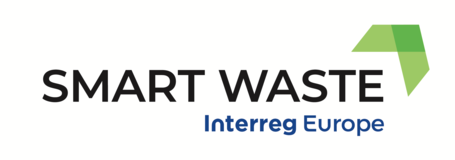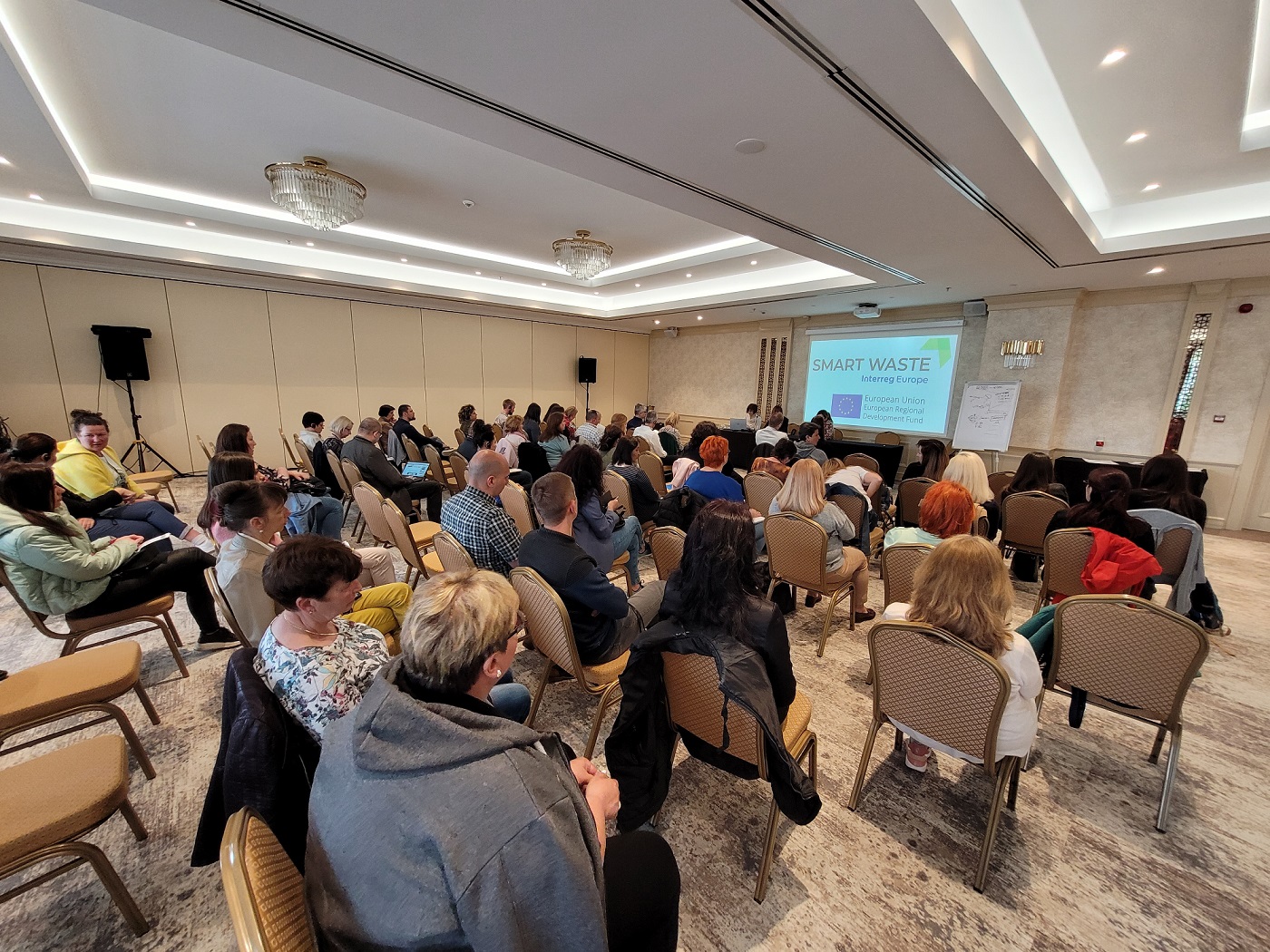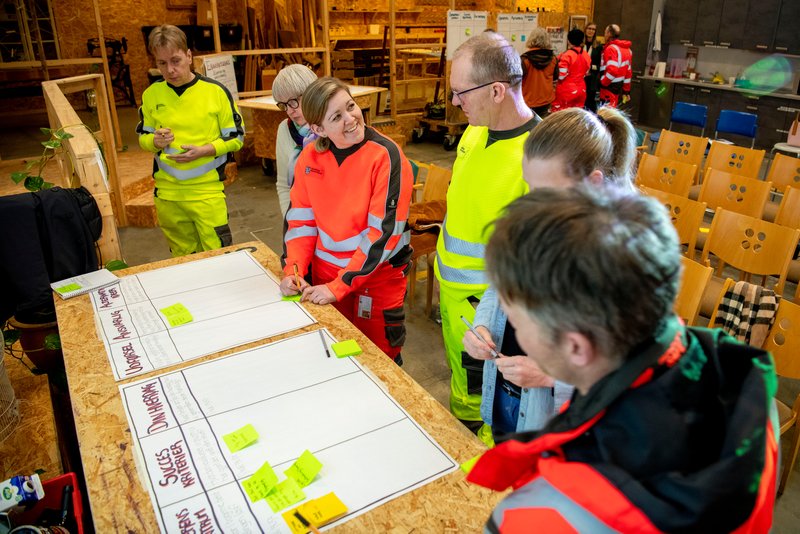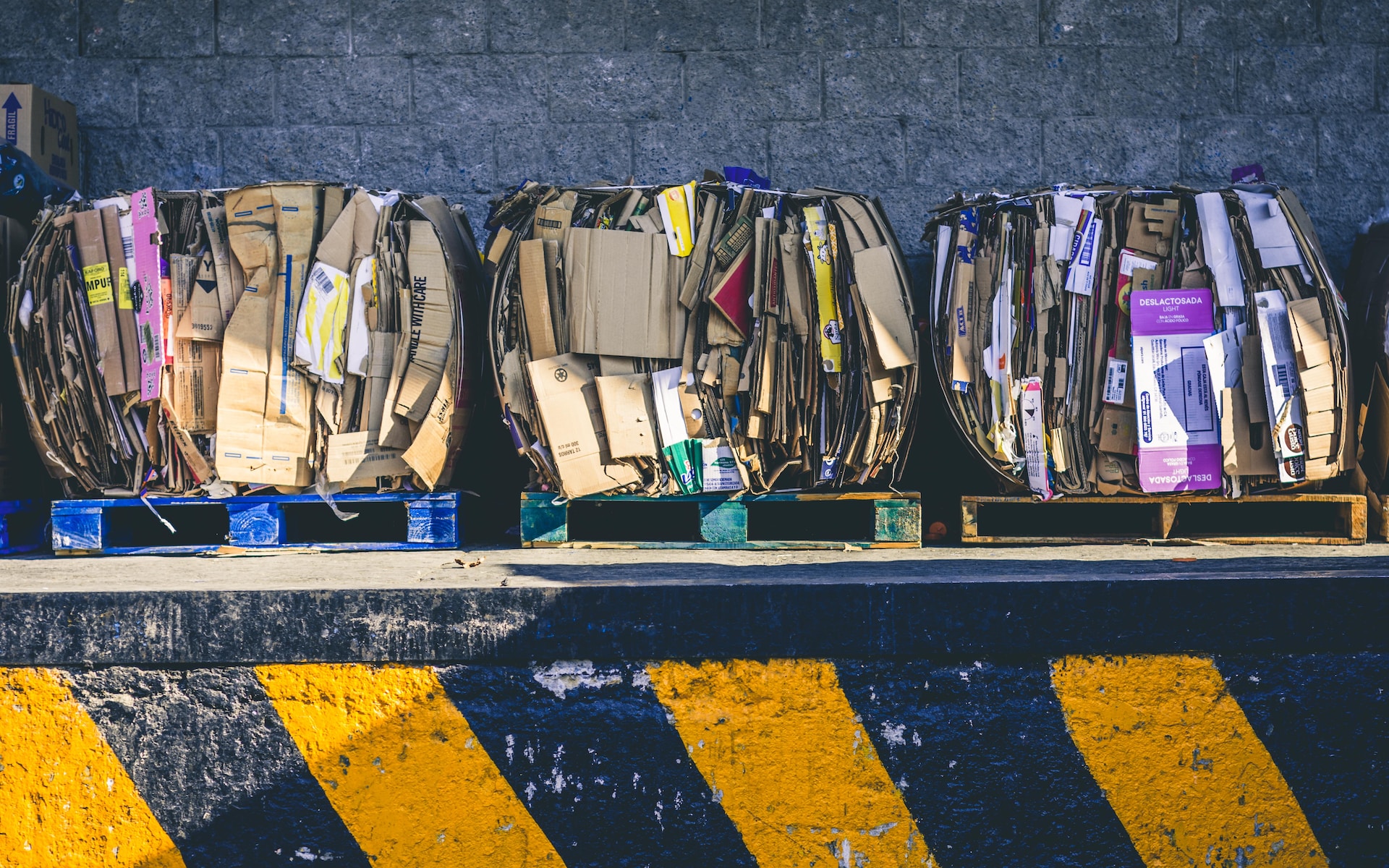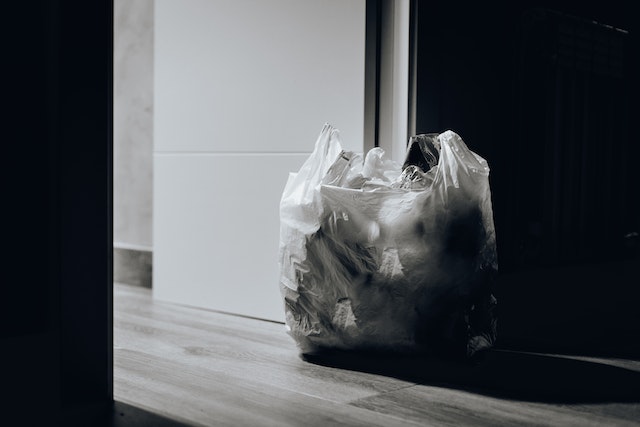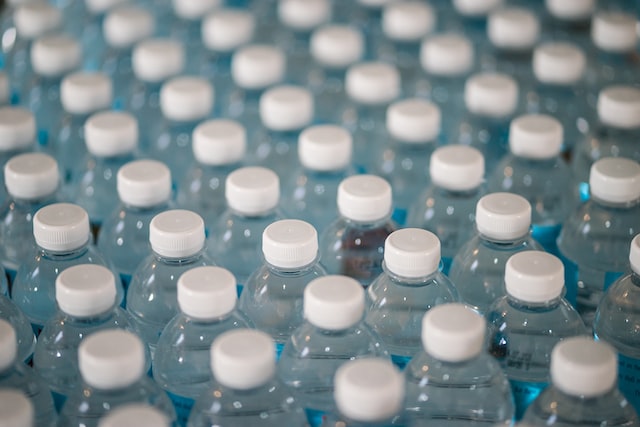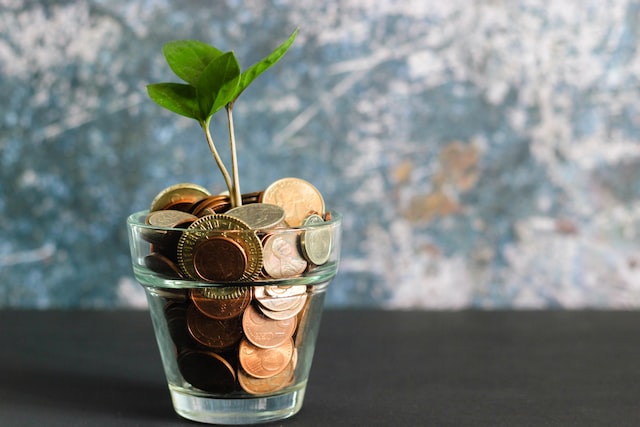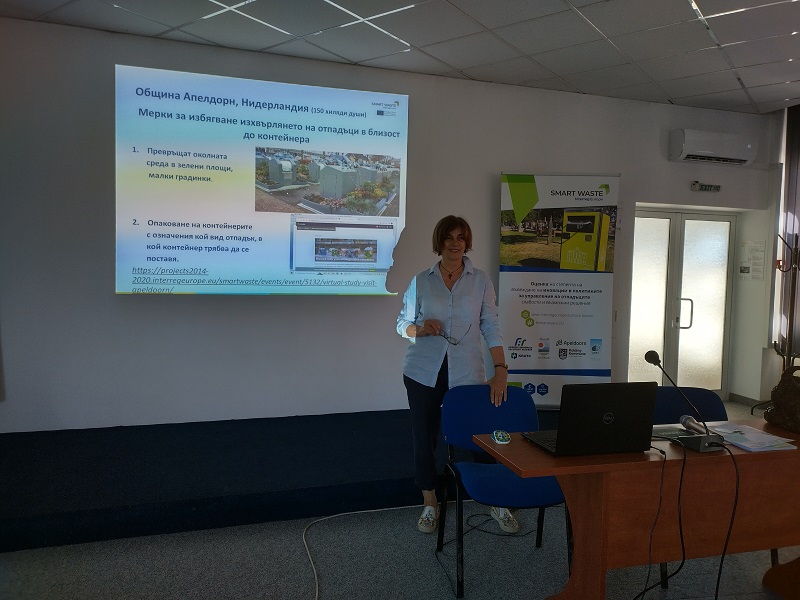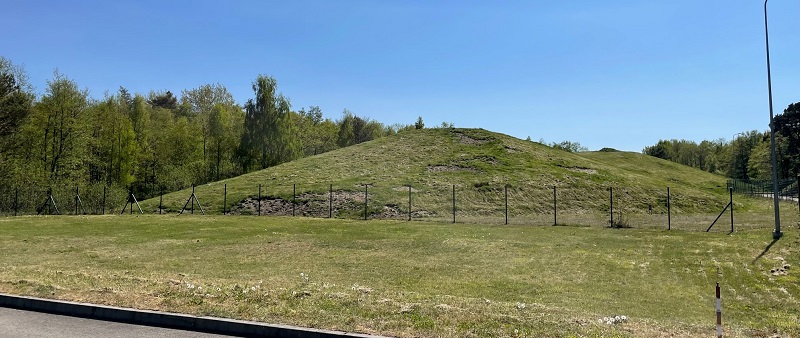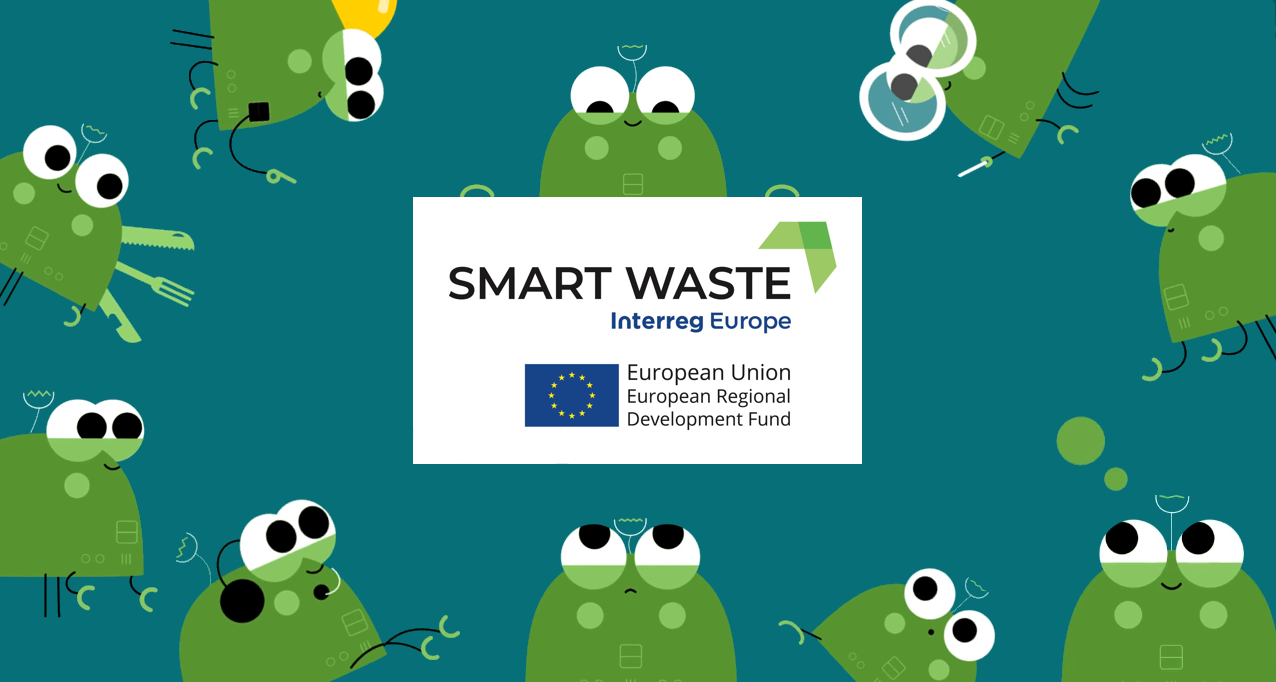During the SMART WASTE project life, the lead partner ARRR decided to work on the Regional Operational Programme for the European Regional Development Fund 2014-2020.
The Tuscany region, through this funding, has chosen to focus on both supporting the business system and promoting regional interventions that increase the competitiveness of the regional economy and support economic, environmental, and social innovation.
The regional administration intends to concentrate resources on 6 thematic areas:
- Strengthening research, technological development and innovation
- Improving access to information and communication technologies
- Promoting the competitiveness of SMEs
- Supporting the transition to a low-carbon economy in all sectors
- Qualifying and enhancing the network of great cultural attractors
- Promoting social inclusion, fighting poverty and all forms of discrimination
When it comes to municipal waste management, Tuscany is currently facing some major challenges. Although the current rates of separate collection of recyclable municipal waste are already quite good, we need to achieve new higher European targets like:
- by 2020, the preparing for re-use and the recycling of waste materials such as at least paper, metal, plastic and glass from households and possibly from other origins as far as these waste streams are similar to waste from households, shall be increased to a minimum of overall 50 % by weight;
- by 2025, the preparing for re-use and the recycling of municipal waste shall be increased to a minimum of 55 % by weight;
- by 2030, the preparing for re-use and the recycling of municipal waste shall be increased to a minimum of 60 % by weight;
- by 2035, the preparing for re-use and the recycling of municipal waste shall be increased to a minimum of 65 % by weight.
When it comes to separate collection of municipal waste, Tuscany simply needs more municipalities to change their collection system and shift to a system already successful in the Region.
Separate collection of households waste is mean to the end of recycling, a most important mean of course, so, to achieve the abovementioned recycling targets Tuscany needs enough recycling plants. Today Tuscany hosts enough public and private recycling plants for packaging and paper waste from separate collection of municipal waste. When it comes to recycling of food and green waste from a separate collection of municipal waste, on the other hand, Tuscany lacks enough recycling capacity. For this reason, several projects are under development today to build new recycling plants for food and green waste from a separate collection of municipal waste. The new project wants to use food and green waste to produce compost and methane.
Finally, yet importantly, more communication campaigns are needed to support awareness-raising in consumer behaviour for waste prevention and better separate waste collection.
Lacking enough recycling capacity for some waste streams is not just a concern for municipal waste in Tuscany. Some very important manufacturing sector lacks enough recycling plants in Tuscany to manage properly the waste they produce. For instance, Tuscany hosts one of the most important paper industry in Italy, both for paper production and paper and cardboard waste recycling. Companies of this district still need to bring half the waste they produce outside Tuscany for recovery, because today we do not have in our Region enough recovery plants for these waste streams.
Another example is the regional textile district in Prato. Much like the abovementioned paper district, textiles production companies developed over the years a very effective recycling network for textile waste and, overall, this regional district ranks among the most important textile production districts in Italy. Nonetheless, some waste streams from the textile industry still do not have, on the market, suitable technologies for their recycling.
Again, when it comes to the waste from the manufacturing sector, the most important need is to support waste prevention technologies and approaches.
The expected results/impact of the project.
As mentioned above, Tuscany today needs to support waste prevention and new waste recycling and recovery plants for some municipal waste streams and some waste streams from the manufacturing sector.
In this regard, good practices from SMART WASTE partners can help Tuscany in developing better policy instrument to support Tuscany current priorities for better waste management in our Region.
